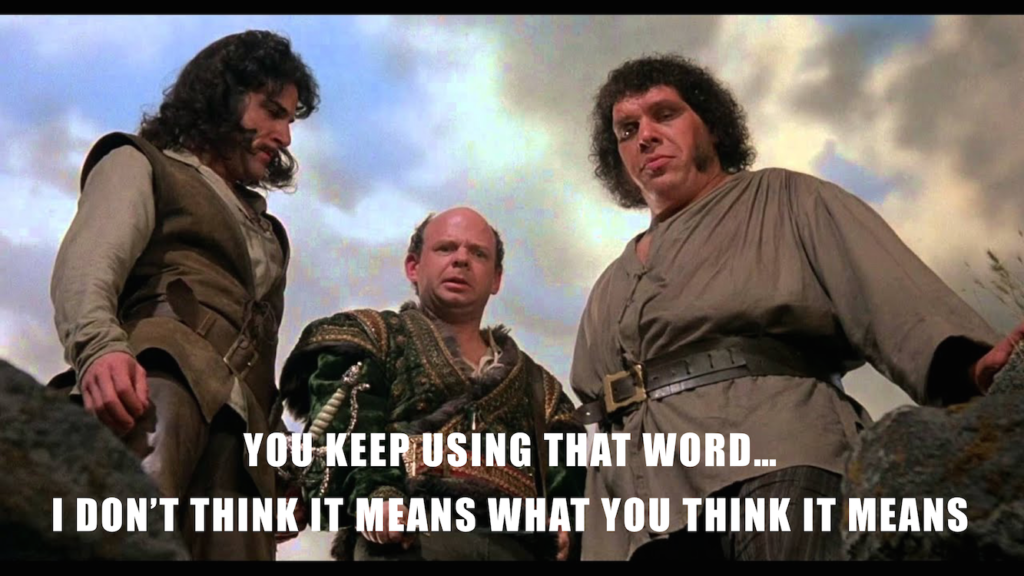
Innovation is different from Iteration
Innovation establishes something new and distinct from what an organization currently offers. However, it should still adhere to a well defined strategy. Authentic innovation is an uncommon, originating activity that leaps past mere iterative progression.
The term “innovation” is overused in an attempt to provide (often unsubstantiated) validation to ideas, products or campaigns. Usually, these claims refer to something merely iterative. For something to be innovative it can’t simply be a variation or update of an existing product or service. Innovations can grow out of iterations, yet they are not the same.
Innovation is fully represented by activities, not ideas
New ideas are essential for innovation. Yet, it’s not the ideas themselves that make an innovation fully realized. Innovation requires new and different activities with different thinking than a sustaining or iterative activity. A company that makes cars isn’t being innovative if they also choose to produce cargo vans. The activities to produce each are very similar. However, if that same company chooses to produce self-driving cars, that’s an innovation. The activities needed to produce and support a self-driving car are quite different that standard automobiles. Production, marketing, sales, and other areas will need to devise new self-reinforcing activities.
Competition can often easily copy a new product or service. It’s the new activities that are hard for competitors to replicate; it’s the activities that protect the product.
Both maintenance and innovation must be ongoing
Any business operating long enough needs to offer innovations at some point even though most of their work will involve sustaining iteration. But, the practice of striving toward innovation should be ongoing.
Failure in maintenance or iteration is generally bad. Whereas failure in innovation is often an essential part of the process. Innovation requires repetition to find a workable result. The sustaining act of iteration springs from a deepening focus on the product or service to make it more efficient, more profitable, or increase reach. However, Innovation comes from an observation of the experience of the customer and the grander marketplace, rather than the product.
Iteration requires management; Innovation requires leadership
The practice of innovation must be championed by an organization’s leadership, not its management. Management should be focused on sustaining and incrementally improving products through operational effectiveness and efficiency. Leadership drives innovation. The best innovation will fail quickly if not backed by leadership. And, the more drastic the change, the higher the authority backing it needs to be for success.
Innovation is risky; stagnation is deadly
Innovation should feel, at least, a little bit risky. Maybe a lot. If there’s no risk, it’s unlikely to be authentically innovative. This is also why the originating activity of coming up with an innovation is not going to be successful if it’s done by the same people responsible for maintaining current products. The mindset and behaviors needed to reach true innovation often conflict with those needed for successful operational effectiveness. This is why transitioning an innovation from an R&D team to a management team is fraught with struggle. It takes purposeful planning and insight to develop the supporting activities that can be adopted by management for an innovative product.
Even though the process of innovation is likely to be confusing and stressful at times, this is no reason to avoid it (even though the status quo can feel pretty comfortable). The risk assumed through innovation doesn’t compare with the damage a stagnant organization will eventually suffer. And you don’t want to be the one trying to copy the innovations of others. Just ask Blockbuster.
